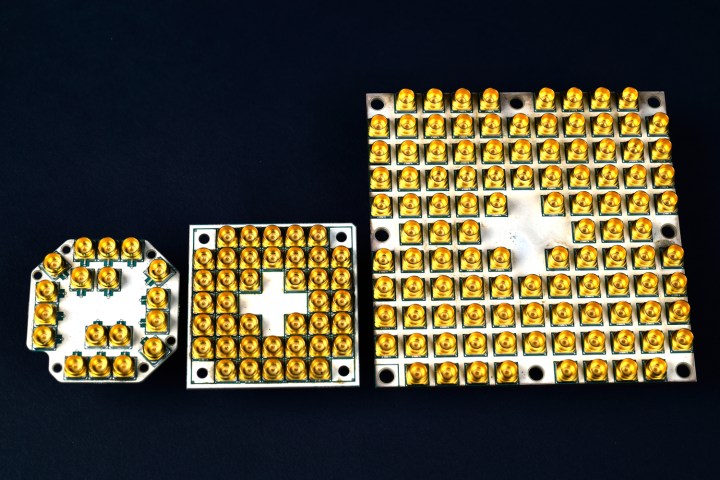
Intel said on Thursday, August 2, that it backs the National Quantum Initiative Act, a bipartisan bill to create a 10-year coordinated federal plan to advance quantum science research and ensure the nation’s leadership in this field. This bill aims to expand the number of researchers, educators, and students, create additional facilities and centers, stimulate research, and so on.
The U.S. Senate is reviewing its version of the bill this week (S.3143) following an approval of a version in the U.S. House of Representatives (H.R. 6227) in June. Both state that the President will establish a National Quantum Coordination Office that will conduct public outreach, oversee the coordination of the program, promote the activities related to the program, and more.
“As nations around the world race to lead in quantum information science, the U.S. will require collaboration of industry, academia and the federal government to keep pace,” Intel’s director of quantum hardware Jim Clarke said in a statement. “The National Quantum Initiative Act is a great step forward, and Intel applauds the bipartisan leadership in Congress on their progress.”
Intel is definitely no stranger to the quantum information science field. The company entered into a 10-year relationship with the Delft University of Technology and TNO, the Dutch Organization for Applied Research, in 2015. This relationship included a $50 million investment, “significant” engineering resources and dedicated technical support to advance quantum computing.
Intel also just introduced its “Tangle Lake” processor in January, a 3-inch-square test chip that contains 49 quantum bits (aka qubits), which are units of quantum information. A quantum bit is different than your standard bit in that it can be both a one and a zero at the same time. That means it can hold more information than the typical single-digit bit.
Just three months prior to introducing its Tangle Lake chip, Intel delivered a 17-qubit test chip to its quantum research partner QuTech. Thus, in that three-month timeframe, Intel generated a processor with more than double the qubit count. According to Intel, it’s an example of the fast progression Intel and QuTech are making towards a quantum computing system.
The Committee of Science, Space and Technology believes quantum information science is critical to the nation’s economy and national security, hence the new bill. It will create “new opportunities” in communications, cybersecurity, financial services, medicine, transportation, and so on. The committee also believes the nation needs to develop quantum communications technology first for “powerful decoding capabilities” and “completely secure networks.”
“Recognizing the promise of this groundbreaking technology, China and the European Union are investing billions of dollars in new research facilities and equipment,” the committee states. “China, in particular, has stated publicly its national goal of surpassing the U.S. in quantum computing during the next decade.”
The legislation will “encourage” companies that are investing in quantum computing to share their knowledge and resources to the government.


